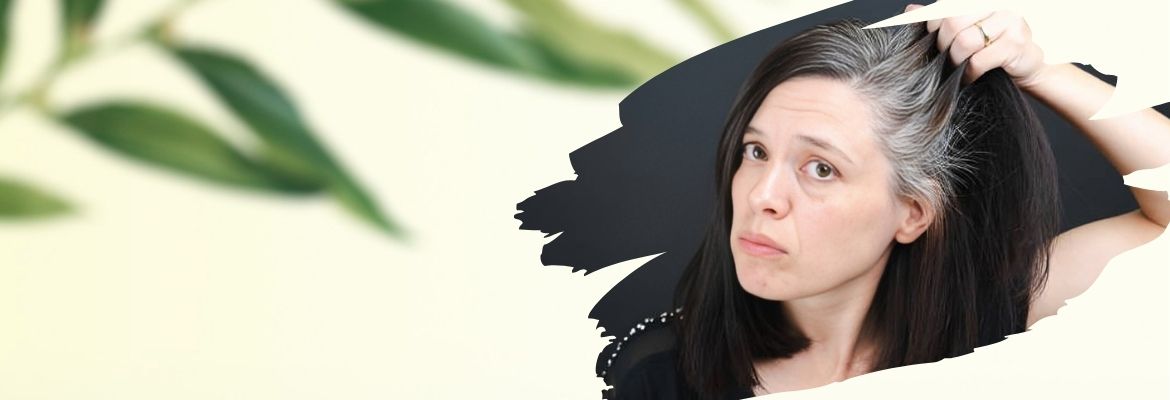Premature graying of hair can be a surprising and sometimes disconcerting experience, impacting individuals of varying ages. While gray hair is a natural part of the aging process, when it occurs prematurely, it can raise questions about underlying causes and effective management. Let’s delve into the factors contributing to premature graying and explore ways to embrace or address this phenomenon.
Causes of Premature Graying:
- Genetics: Family history plays a significant role in determining when your hair will turn gray. If your parents or grandparents experienced premature graying, there’s a higher likelihood that you might too.
- Hormonal Changes: Hormonal fluctuations, especially during puberty, pregnancy, and menopause, can influence hair color. An imbalance in hormones may trigger premature graying.
- Nutritional Deficiencies: A lack of essential nutrients, particularly vitamin B12, iron, and copper, can impact melanin production, the pigment responsible for hair color.
- Stress and Lifestyle Factors: Chronic stress, an unhealthy diet, smoking, and excessive alcohol consumption can contribute to premature graying. Adopting a balanced lifestyle can positively impact overall health, including the condition of your hair.
- Medical Conditions: Certain medical conditions, such as autoimmune diseases or thyroid disorders, can affect the pigmentation of hair, leading to premature graying.
Managing Premature Graying:
- Nutrient-Rich Diet: Ensure your diet is rich in vitamins and minerals essential for hair health. Include foods like leafy greens, eggs, nuts, and seafood to provide the necessary nutrients for optimal melanin production.
- Hair Care Practices: Use mild, sulfate-free shampoos and conditioners to maintain hair health. Avoid excessive heat styling and harsh chemical treatments that can contribute to hair damage and premature graying.
- Stress Management: Incorporate stress-reducing practices such as yoga, meditation, or regular exercise into your routine. Managing stress levels can positively impact overall health, including the condition of your hair.
- Supplements: If nutritional deficiencies are identified, consider supplements under the guidance of a healthcare professional. Vitamin B12, iron, and copper supplements may be recommended to support hair health.
- Hair Coloring: Embrace your natural color or experiment with hair coloring options. Traditional hair dyes, henna, or natural hair color alternatives can help cover grays if desired.
Ultimately, premature graying is a natural part of life for some individuals. Embracing the change and choosing to go gray gracefully is a personal decision. If the idea of gray hair doesn’t appeal to you, can choose to go for Ayurvedic Hair colour, which is non-allergic, safe, no ammonia, no PPD, no hair damage which gives natural black or brown colour to your hairs.
Understanding the causes of premature graying and adopting healthy lifestyle choices can contribute to maintaining the overall health of your hair. Whether you choose to embrace the silver strands or explore coloring options, the key is to prioritize hair health and well-being.
Product to prevent Premature graying: Shop Now

